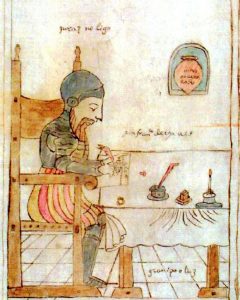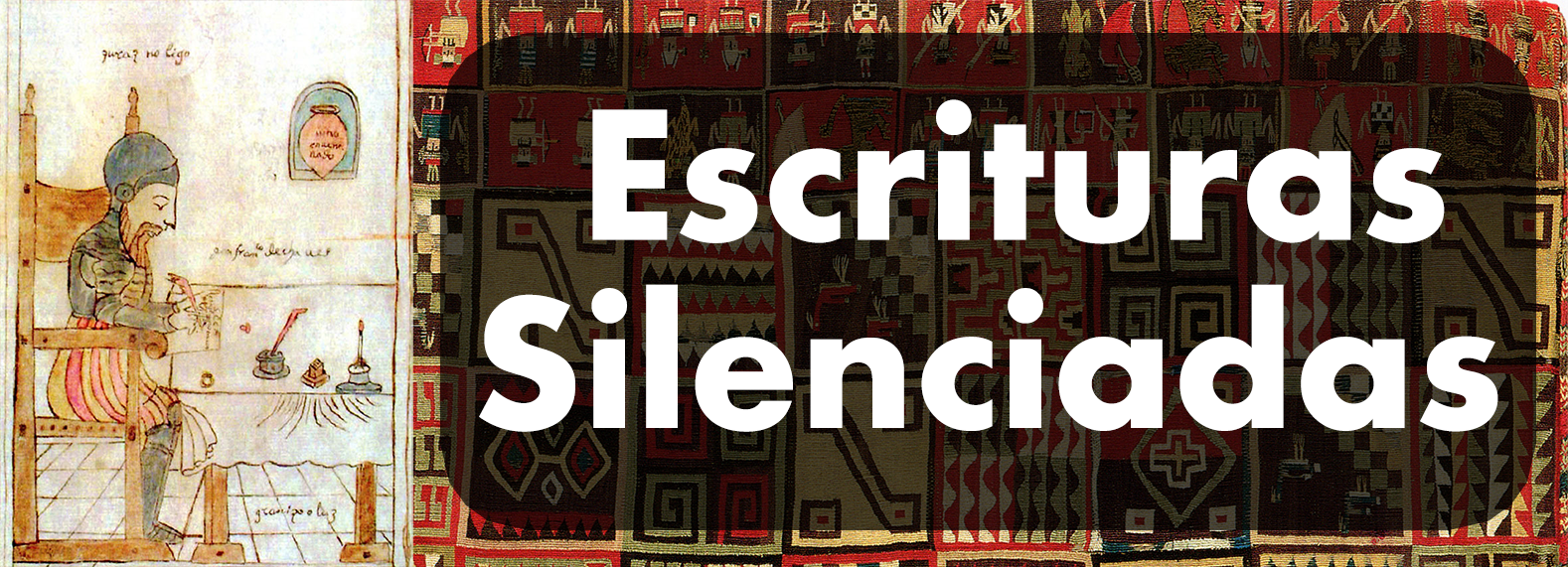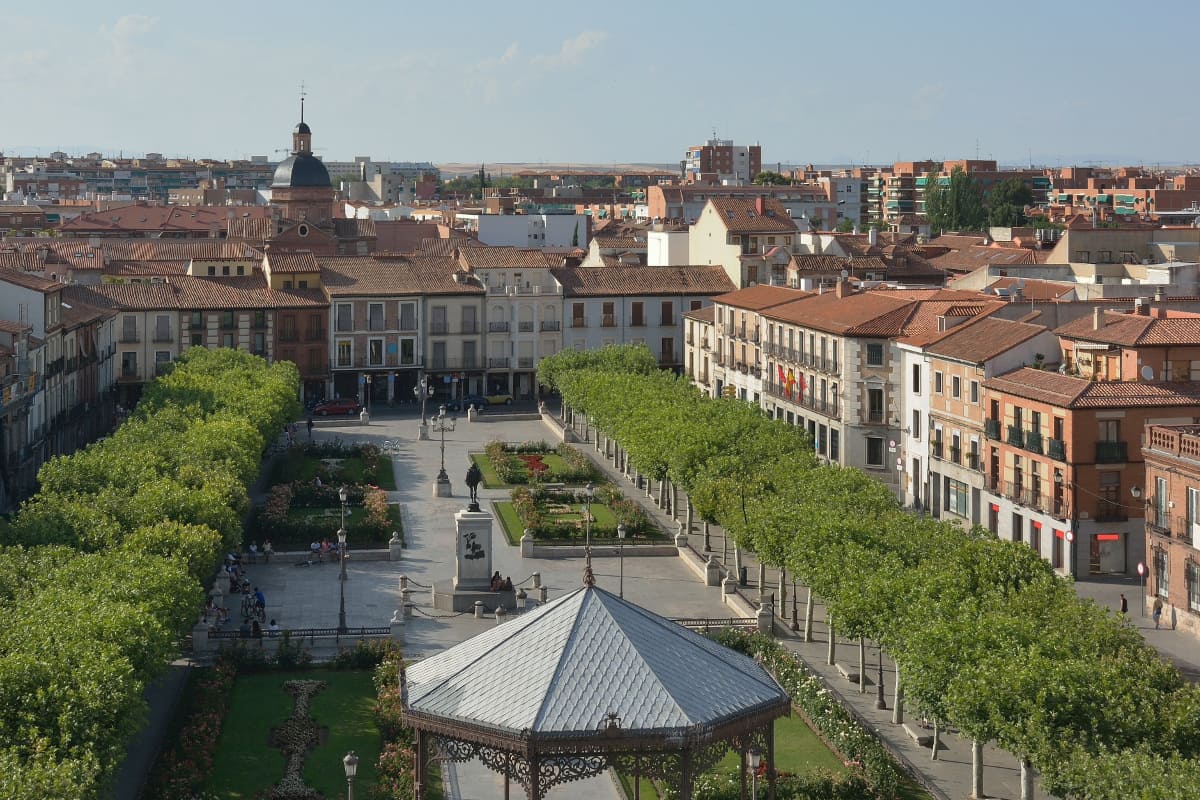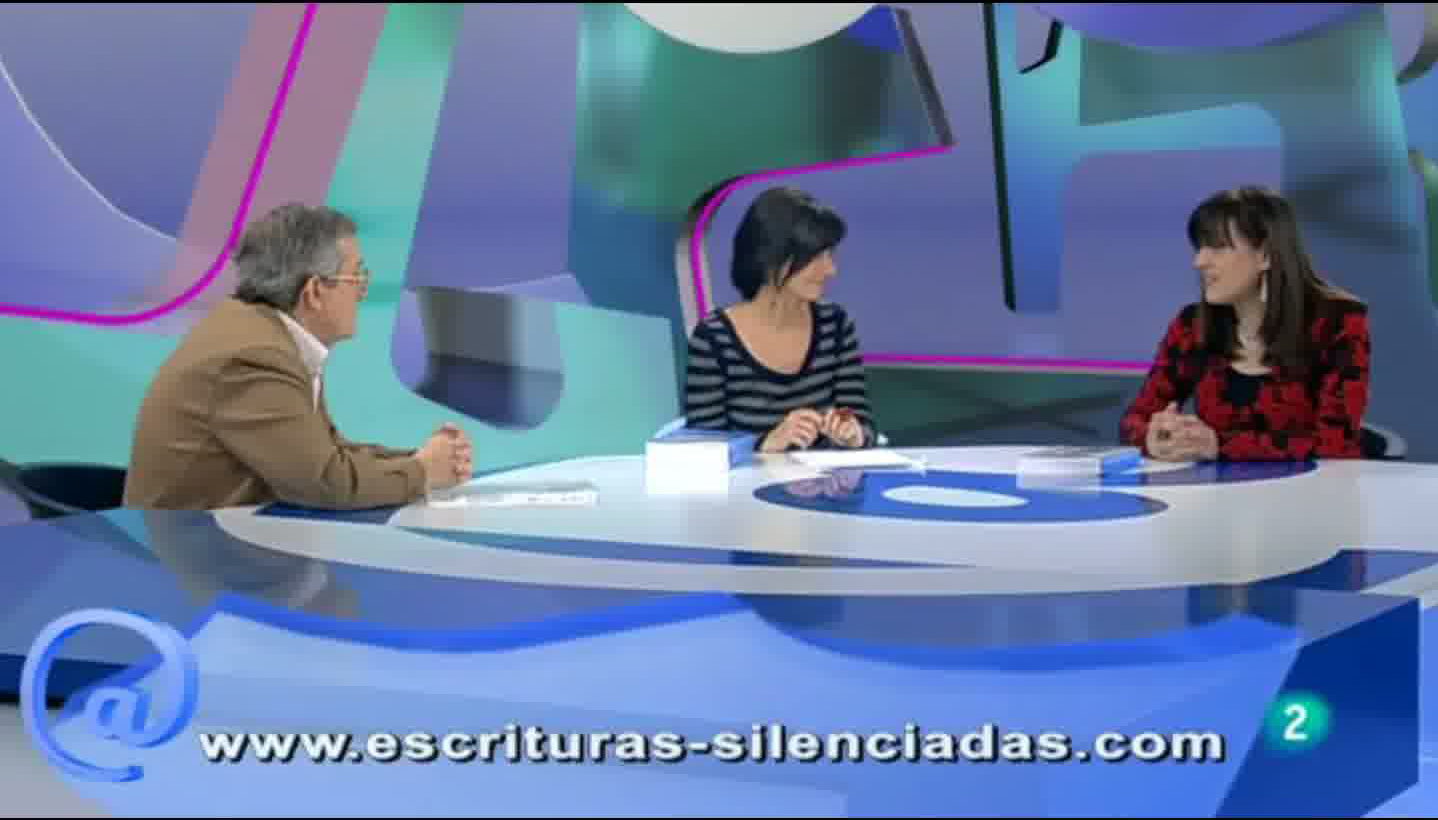Lately it has sparked renewed interest in the writings banned, censored, silenced or destroyed during the period of Cervantes. This happens at a time when a number of new evidence being discovered and incorporated into the analysis causing major historiographical debates, but at the same time, allowing re- examine the socio -political Hispanic this period from the perspective of the conflict and leaving aside the underlying thesis that social consensus was the predominant factor under the Castilian Crown in this period.
Among these writings prohibited Miccinelli find documents or Naples. Testimonials that reveal a complex lattice Jesuit covering a broad political space in which they appear involved a series of characters and related writings Alcala. The problems Miccinelli or Naples documents related to the various manuscripts of great interest to Peruvian and Spanish historiography, which now fall within the scope of counterfeiting and rewriting of texts. Among these writings we find the rethinking of the author of the ‘New Chronicle and Good Government’, written by Blas Valera aka the native Guaman Poma, the ‘General History of Peru’ of Mercy Martin de Mura and several copies written in Alcalá and restudy arises increasingly urgent the ‘Royal Commentaries’ of the Inca Garcilaso de la Vega.
We are facing the issue as the ‘other scriptures’ around the commemoration in the ‘century of Don Quixote’, also opening a space for grammars, catechisms, confessionals, dictionaries, vocabularies, academic texts, and other forms generally as instruments acculturation. And so with all the crash problems arising linguistic philosophers implementing mission regarding indigenous languages.
But also, of course, Cervantes and ‘borders’, in line with the richness of life and the teacher derives expressive Cervantes, who makes ESTN intertwined history and literature in their work and are a stimulus critically important for each generation of cervantistas, until his final profiles and even libertarian feminists.
Why could not stop in this international conference include an approach to Cervantes for analysts suspect impregnated orthodoxies traditionalism and eager hard. And as border issues such as Islam, women or freedom. Other aspects are emphasized as we speak also of great interest, transcending the specific event of the 1605 date around which are organized celebrations and academic pomp and playful.
These are just some paradigms of a broad problem, being the heart Alcalá where protesters gestated major writings of this period, we believe it is of great interest and yet, it is urgent, holding an international conference bringing together allowing scholars from different disciplines to exchange humanists latest developments related to this important topic.



